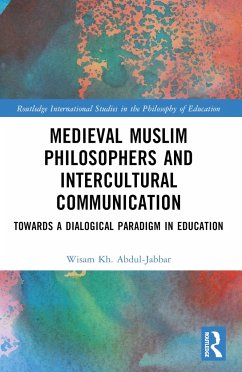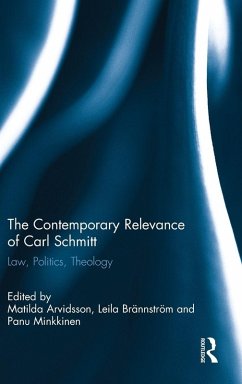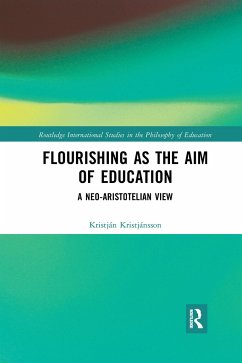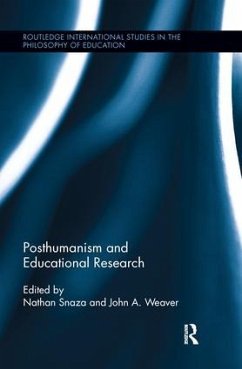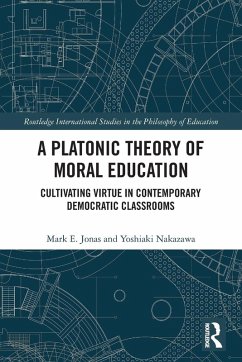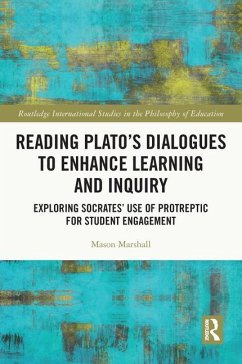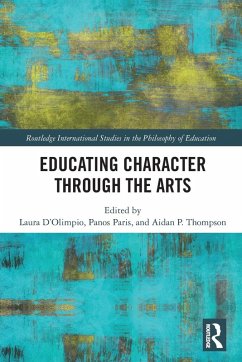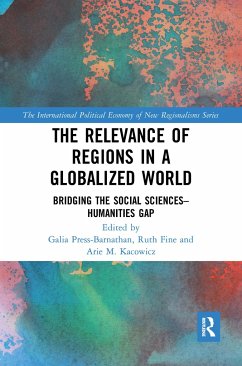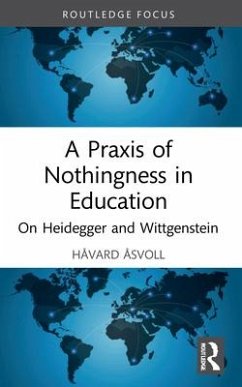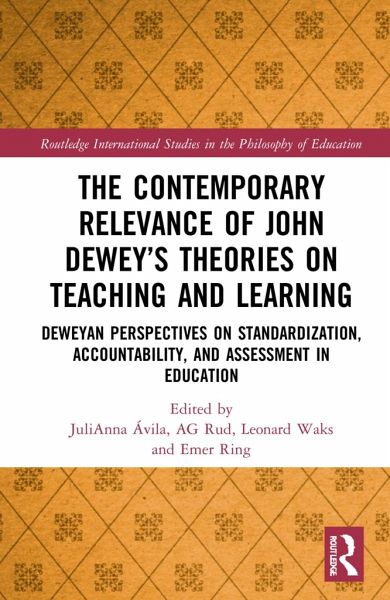
The Contemporary Relevance of John Dewey's Theories on Teaching and Learning
Deweyan Perspectives on Standardization, Accountability, and Assessment in Education
Herausgeber: Ávila, Julianna; Waks, Leonard; Rud, Ag
Versandkostenfrei!
Versandfertig in 1-2 Wochen
174,99 €
inkl. MwSt.
Weitere Ausgaben:

PAYBACK Punkte
87 °P sammeln!
Through expert analysis, this text proves that John Deweyâ s views on efficiency in education are as relevant as ever. By exploring Deweyan theories of teaching and learning, the volume illustrates how they can aid educators in navigating the theoretical and practical implications of accountability, standardization, and assessment.





